What is impotence? Can it be cured?

Impotence has always been a concern of many men. This disease makes "men lose their manhood". It makes men feel guilty and extremely self-deprecating. So what causes this disease? What is the direction of treatment? Can it be cured? How disease prevention? All will be answered by SignsSymptomsList through the following article.
content
- 1. The concept of impotence
- 2. Impotence situation through studies
- 3. Common causes of impotence
- 4. Evaluation of impotence
- 5. Manifestations of impotence
- 6. Risk factors for impotence
- 7. Complications of impotence
- 8. How to treat impotence?
- 9. Conclusion
1. The concept of impotence
Impotence is also known as "impotence" that occurs in men. Impotence is a fairly common problem among men. It is characterized by the inability to maintain an erection sufficient for intercourse or to achieve ejaculation, or both.
Erectile dysfunction can be very variable. It may be related to the complete inability to achieve an erection or ejaculate, or the inconsistent ability to do so, or the tendency to maintain only very brief erections.
Impotence refers to the inability to get an erection sufficient to penetrate the vagina . Or not being able to maintain an erection until intercourse is complete. Contrasted with psychological impotence, which is impotence caused by anxiety, guilt. Or due to depression , due to conflicts around various sexual issues…
2. Impotence situation through studies
Impotence, the more common of the two types of erectile dysfunction, is caused by physical problems. Between 10% and 20% of middle-aged men and a much higher percentage of elderly men suffer from impotence. In addition to its importance as a common sexual problem, impotence can herald significant medical problems.

Middle-aged men are prone to impotence
According to the University of Wisconsin, about 5% of men in the United States over the age of 40 have complete erectile dysfunction. About 15% of men over the age of 70 have complete impotence. According to the Urological Care Foundation, an estimated 30 million Americans suffer from impotence. The risk of impotence increases with age.
A 2007 study published in the American Journal of Medicine noted an increased risk of impotence with age. The rate was even higher in men who had been diagnosed with one or more cardiovascular risk factors.
>> The above numbers show that impotence is really a problem that many men have a headache. Find out more in the article Impotence in men and what you need to know .
3. Common causes of impotence
A man's ability to have an erection is based on a number of factors and can be the result of many physical problems. Other mental and psychological health problems can also cause impotence or make it worse.
3.1. Physical causes
Erectile dysfunction is often caused by physical factors. The most common causes include:
- Cardiovascular disease : Heart failure, high blood pressure, atherosclerosis...
- High blood cholesterol (elevated LDL - blood cholesterol).
- Blood vessel blockage.
- Penile trauma.
- Diabetes.
- Overweight, obesity.
- Parkinson disease.
- Multiple sclerosis .
- Smoking habits.
- Alcoholism.
- Other forms of stimulant abuse such as: Cocaine, Caffeine, marijuana...
- Sleep disorders: Insomnia, not getting enough sleep, sleeping too much…
- Prostate cancer treatment or treatment for an enlarged prostate gland.
- Spinal cord injury.
- Peyronie's disease .
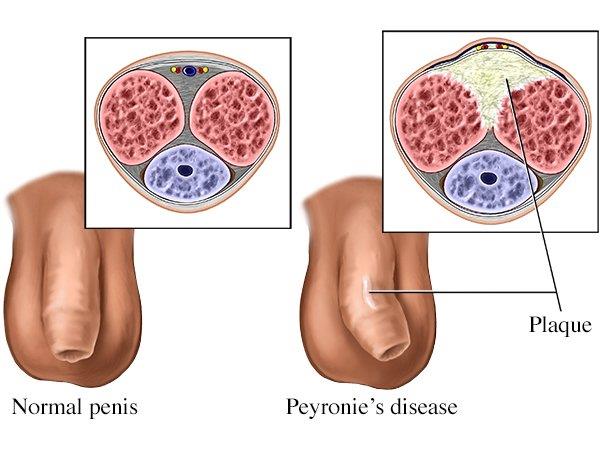
Peyronie's disease
3.2. Psychological causes - mental
In addition, there are a number of psychological causes leading to impotence. These are the most common psychological causes:
- Psychological stress, stress.
- Moderate to severe depression and anxiety.
- Psychological disorders: Body dysmorphic disorder , personality disorder , mood disorder.
- Psychotic diseases: Acute psychosis, schizophrenia, schizophrenia...
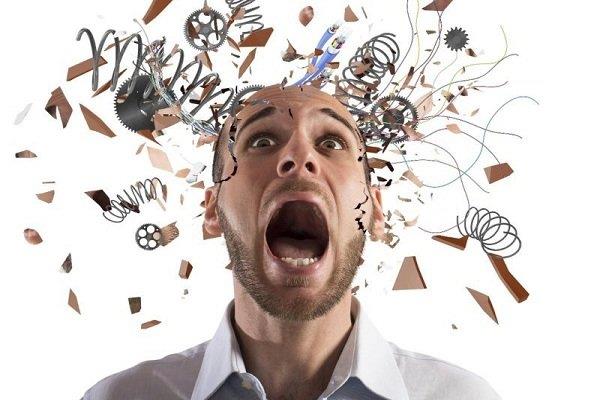
Stress is a risk factor for impotence
3.3. Drugs that can cause or increase the risk of impotence
Taking certain medications can affect blood flow, possibly leading to impotence. You should never stop taking a medication without your doctor's permission, even if it is known to cause impotence.
Some drugs known to cause impotence include:
- Alpha-adrenergic blocking drugs. For example: Prazocin, Doxazoxin…
- Beta-blockers, such as Carvedilol, Metoprolol, Propranolol, etc.
- Group of cancer chemotherapy drugs.
- Central nervous system (CNS) depressants, such as Alprazolam, Diazepam, and Codeine.
- CNS stimulants, such as Cocaine and Amphetamine.
- Diuretics, such as Furosemide (Lasix) and Spironolactone (Aldactone).
- Selective serotonin reuptake inhibitors (SSRIs), such as fluoxetine (Prozac) and paroxetine (Paxil).
- Synthetic hormones, including Leuprolide.
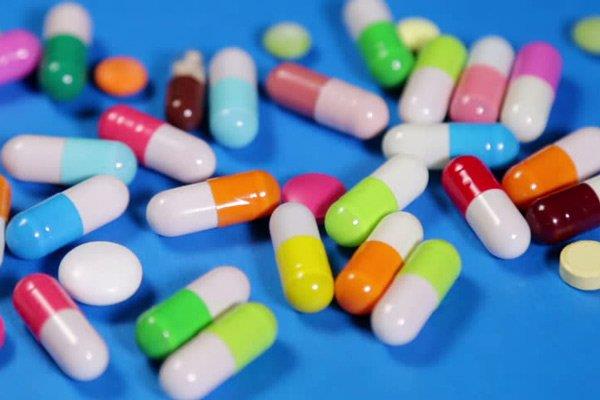
Certain medications can cause this condition
3.4. General information about the causes of impotence
Some men may experience a combination of physical and psychological problems. All of these conditions can lead to or worsen impotence . For example, physical trauma can slow down a person's sexual response. At the same time, it can also lead to anxiety about achieving an erection. This anxiety can then worsen impotence.
>> See more: Erection too long: Causes and risks.
The UK's National Health Service (NHS) also states that some men may experience impotence only in certain situations. For example, a person may achieve an erection while masturbating , or may find that they wake up with an erection.
If a person cannot get an erection with their partner, the cause of their impotence is most likely psychological. If a person is never able to get an erection, the cause of their impotence is most likely physical.
4. Evaluation of impotence
The first step in evaluating erectile dysfunction is to determine if it is due to an organic or psychological cause. This usually requires clinical and laboratory data. Specialized tests become important when specific diagnoses are considered. Medical history can be helpful in distinguishing physical impotence from psychological impotence.
4.1. Physical impotence
Patients with physical impotence describe erection problems that progress over months to years. At first, the patient will have a partial erection or an erection that appears to become flaccid during intercourse.
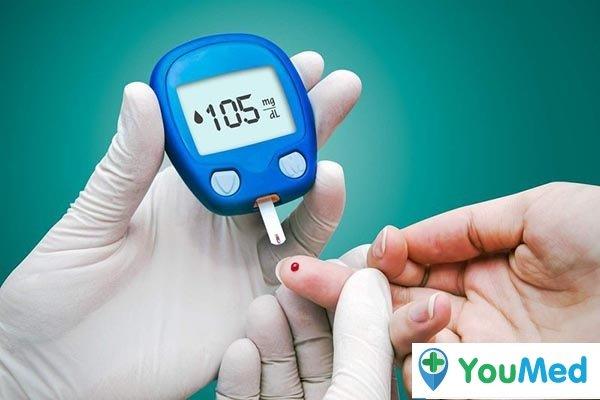
Physical impotence
With time, a complete erection ensues. Physical impotence is continuous and undifferentiated, which means no better or worse with any particular partner or any type of stimulus.
4.2. Psychological impotence
In contrast, psychological impotence is often sudden in onset, often associated with psychological trauma, and can become severe and debilitating. Patients with psychological impotence may experience complete failure with one partner but not the other. Or impotence during sex but not during self-stimulation. Spontaneous erections that often occur in the morning suggest a psychological rather than a physical cause of impotence.

Impotence due to depression
5. Manifestations of impotence
The main symptoms of impotence include:
- Difficulty getting an erection, not being able to get an erection. This condition occurs even during sex with a partner or while masturbating.
- Difficulty maintaining an erection sufficient to complete "love".
- Mild to severe decrease in libido.

Unable to get an erection when impotent
6. Risk factors for impotence
As you age, an erection may take longer to develop and may not be as firm. You may need to touch your penis more directly to get and keep an erection.
Various risk factors can contribute to erectile dysfunction, including:
- Medical condition, especially diabetes or heart disease.
- Tobacco addiction restricts blood flow to veins and arteries over time. This can cause chronic health conditions that lead to impotence.
- Being overweight, especially if you are obese.
- Certain medical treatments, such as prostate surgery or radiation therapy for cancer.
- Injuries, especially if they damage the nerves or arteries that control an erection.
- Medicines, including antidepressants, antihistamines, and medicines for high blood pressure, pain, or prostate conditions.
- Psychological condition, such as stress, anxiety, or depression.
- Use drugs and alcohol, especially if you are a long-term drug addict or heavy drinker.

Alcoholism increases the risk of impotence in men
7. Complications of impotence
Common complications from impotence can include:
- An unsatisfying sex life.
- Stress or anxiety..
- Depression.
- Shame or self-doubt.
- Obstacles in the relationship.
- Inability to get your partner pregnant.

Impotence leads to infertility
8. How to treat impotence?
8.1. Treatment of impotence due to psychological - mental causes
For this group of causes, the treatment is not too complicated. Mainly dealing with psychological problems or treating mental illnesses well. Consists of:
- Relax, entertain to relieve stress.
- Treatment of anxiety, insomnia , depression.
- Combined psychotherapy in some cases is necessary and severe.
- Listening to music, yoga, meditation…

Relax and entertain
8.2. Treatment of impotence due to physical causes
Treatment of impotence due to hypogonadism is to replace testosterone by injection. Patients with impotence due to pituitary tumors will receive treatment directed at the tumor.
Drug-related impotence is treated with drug withdrawal methods. Prognosis is favorable for alcohol-induced impotence. Most patients who stop drinking or reduce their intake to a more moderate level will see their impotence improve.
In diabetic patients, impotence that develops severely in the setting of hyperglycemia and poor metabolic control is usually reversible. Injection of active drugs such as Papaverine, which relaxes arteriolar smooth muscle, is a promising new treatment. It is especially suitable for diabetic patients with erectile dysfunction on the basis of neurotherapy.
Penile prosthesis is the appropriate treatment for most patients with vascular impotence. In addition, the combination of certain prescription drugs may contribute to improvement of impotence. For example: Avanafil, Alprostadil, Sildenafil...
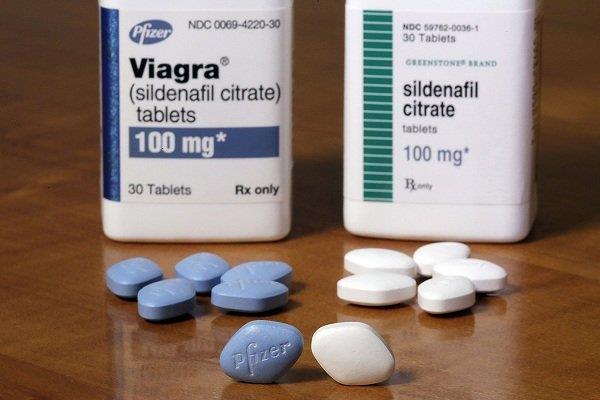
Viagra helps to treat impotence
9. Conclusion
In short, impotence is a great concern of many men. Therefore, when you discover you have symptoms of the disease, you should see a doctor immediately. It's best to see a doctor who specializes in andrology and don't hesitate to provide your own symptoms. From there, doctors will soon make a definitive diagnosis and give appropriate treatment. At the same time, they will help the gentlemen regain the bravery of men.
Dr. Nguyen Lam Giang